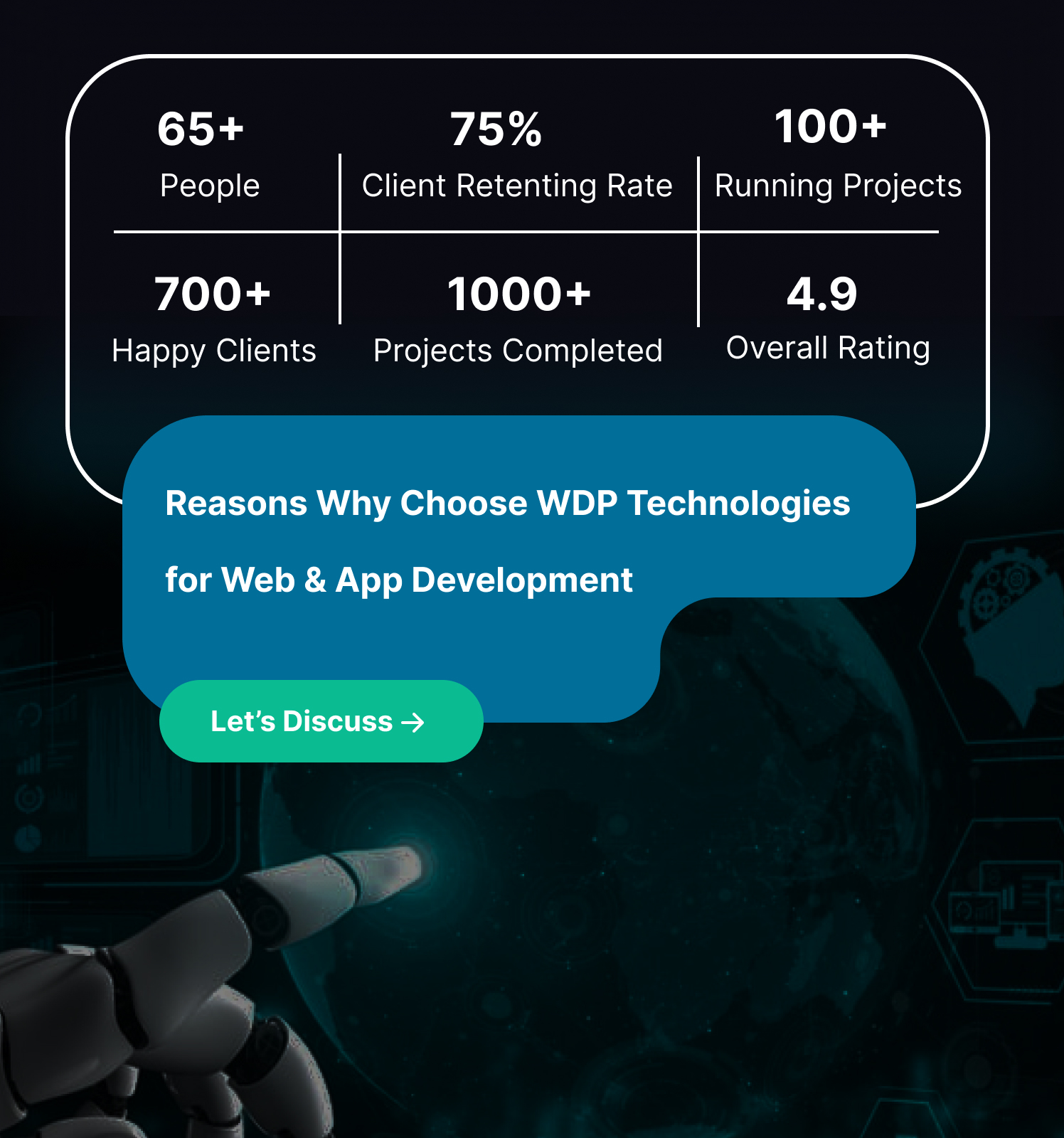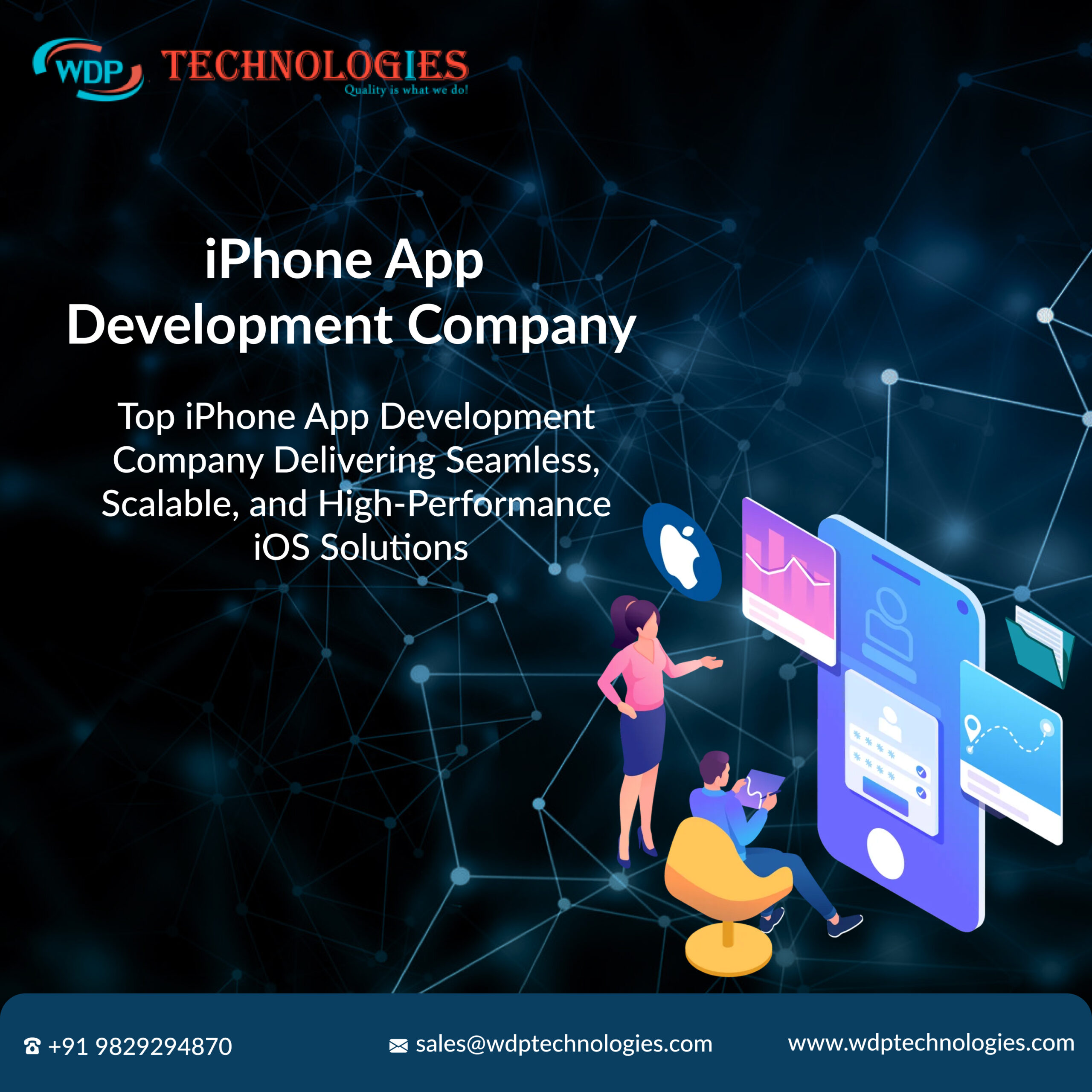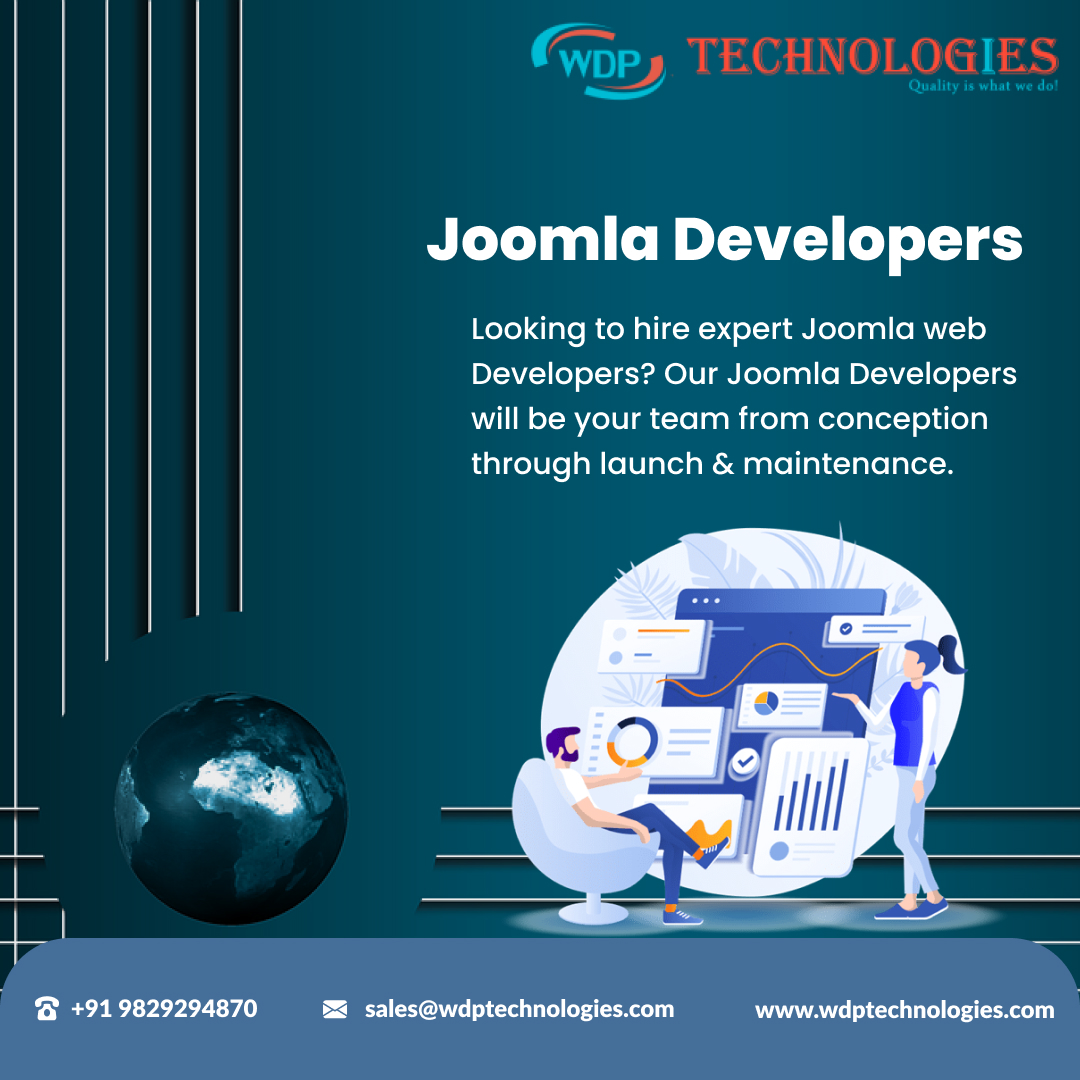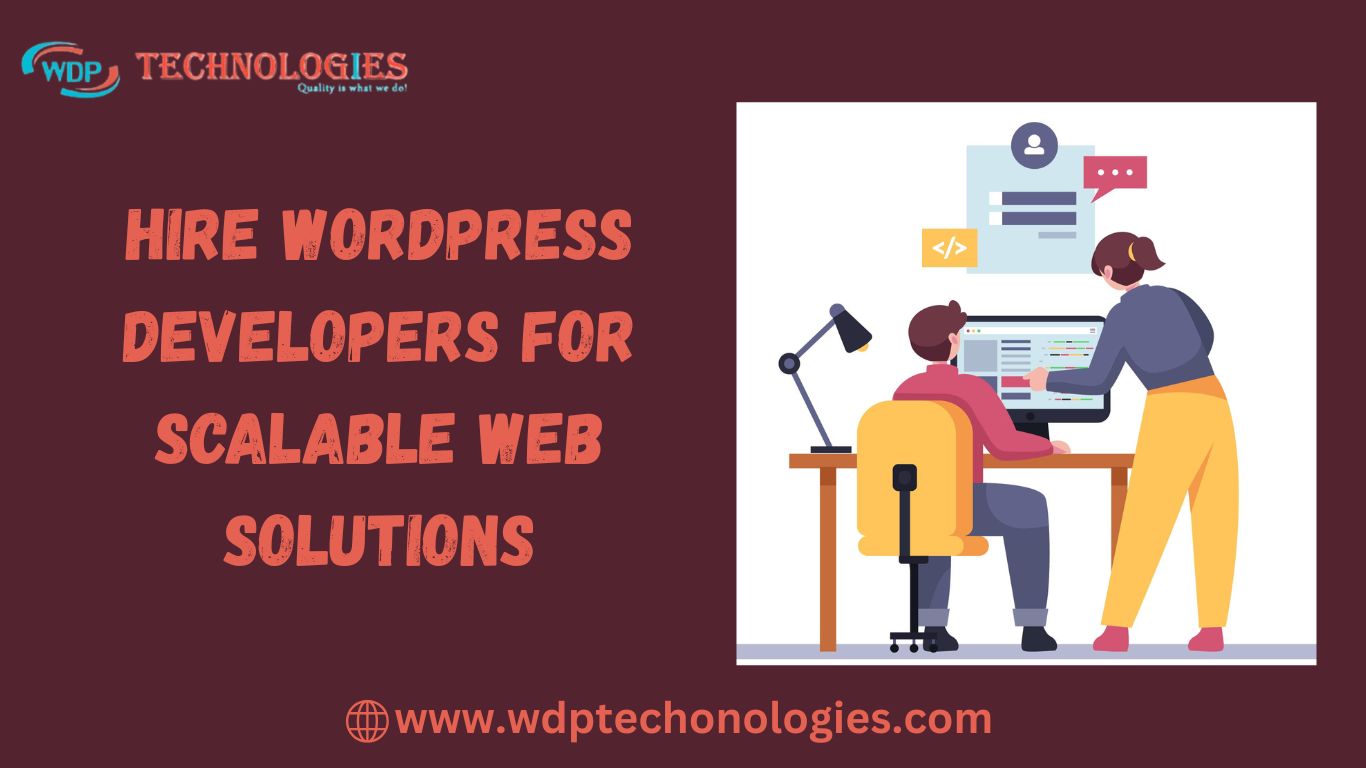Trends in PHP Development: The Role of Frameworks in 2024
As PHP continues to evolve, its frameworks remain at the core of efficient web development. With advancements in technology and changes in development practices, PHP frameworks have adapted to meet modern demands. This article explores the key trends in PHP development and the role frameworks play in shaping the future of web applications in 2024.
1. The Importance of PHP Frameworks in 2024
What Makes Frameworks Essential?
PHP frameworks provide structure and reusable components that save time, enhance security, and improve code quality, making them critical for both small-scale and enterprise projects.
Why Frameworks Are Thriving
Frameworks address modern challenges like scalability, rapid development cycles, and integration with front-end and cloud technologies.
2. Key Trends in PHP Development in 2024
Emphasis on PHP 8.3 Features
The release of PHP 8.3 has introduced features like readonly classes, improved performance, and enhanced error handling. Frameworks are quickly adapting to leverage these features for more efficient development.
Growth of API-Centric Development
The rise of RESTful and GraphQL APIs has led to frameworks integrating robust tools for API-first approaches, ensuring seamless back-end and front-end communication.
Focus on Headless CMS
Headless CMS solutions using PHP frameworks allow developers to manage content independently of the presentation layer, offering flexibility for omnichannel delivery.
Microservices Architecture Support
Frameworks are optimized for microservices, enabling developers to build modular, independently deployable components that enhance scalability.
Enhanced Security Measures
In 2024, frameworks are integrating advanced security features like two-factor authentication (2FA), secure token management, and encryption by default to address increasing cybersecurity threats.
3. Top PHP Frameworks Leading in 2024
Laravel: The Developer’s Favorite
Laravel continues to dominate with features like Livewire for reactive components, improved task scheduling, and its vast ecosystem.
Symfony: Ideal for Complex Applications
Symfony is the go-to framework for large, enterprise-level applications, with reusable components and a strong focus on best practices.
CodeIgniter: The Lightweight Contender
CodeIgniter’s simplicity and speed make it a favorite for quick and lightweight applications.
Yii: The High-Performance Framework
Yii’s caching mechanisms and advanced query builder are ideal for performance-heavy applications.
Phalcon: The High-Speed Champion
Built as a C-extension, Phalcon is unmatched in performance and is gaining traction for speed-critical applications.
4. The Role of Frameworks in Modern PHP Development
Accelerating Development
Frameworks reduce repetitive tasks by offering pre-built modules, allowing developers to focus on business logic.
Ensuring Scalability
The modular architecture of frameworks enables seamless scaling as applications grow in complexity and user base.
Promoting Collaboration
Frameworks establish standardized coding practices, making team collaborations more efficient and codebases easier to maintain.
Cloud and DevOps Integration
Modern frameworks support seamless integration with cloud services and DevOps pipelines, facilitating CI/CD workflows.
5. Challenges in Choosing and Using PHP Frameworks
Picking the Right Framework
With numerous frameworks available, selecting one that aligns with project requirements, developer expertise, and long-term scalability can be challenging.
Managing Performance in Large-Scale Applications
Frameworks often add overhead, so optimizing them for high-traffic or performance-intensive applications is crucial.
6. Future Outlook for PHP Frameworks Beyond 2024
AI and Machine Learning Integration
PHP frameworks are expected to integrate with AI and ML tools, enabling predictive analytics, personalization, and automation in web applications.
Focus on Sustainability and Eco-Friendly Development
Frameworks may evolve to prioritize efficiency in energy consumption, supporting the growing trend of sustainable development practices.
Advancements in Serverless Architectures
As serverless technologies gain momentum, frameworks will incorporate features to better support serverless deployments.
7. Conclusion
PHP frameworks are the backbone of modern web development, offering tools and structures that align with emerging trends. In 2024, their focus on API-centric development, security, microservices, and performance optimization will continue to shape the web landscape. Developers leveraging these frameworks can stay ahead in delivering innovative, scalable, and future-ready applications.
Let me know if you’d like to refine or expand on any of these sections!












